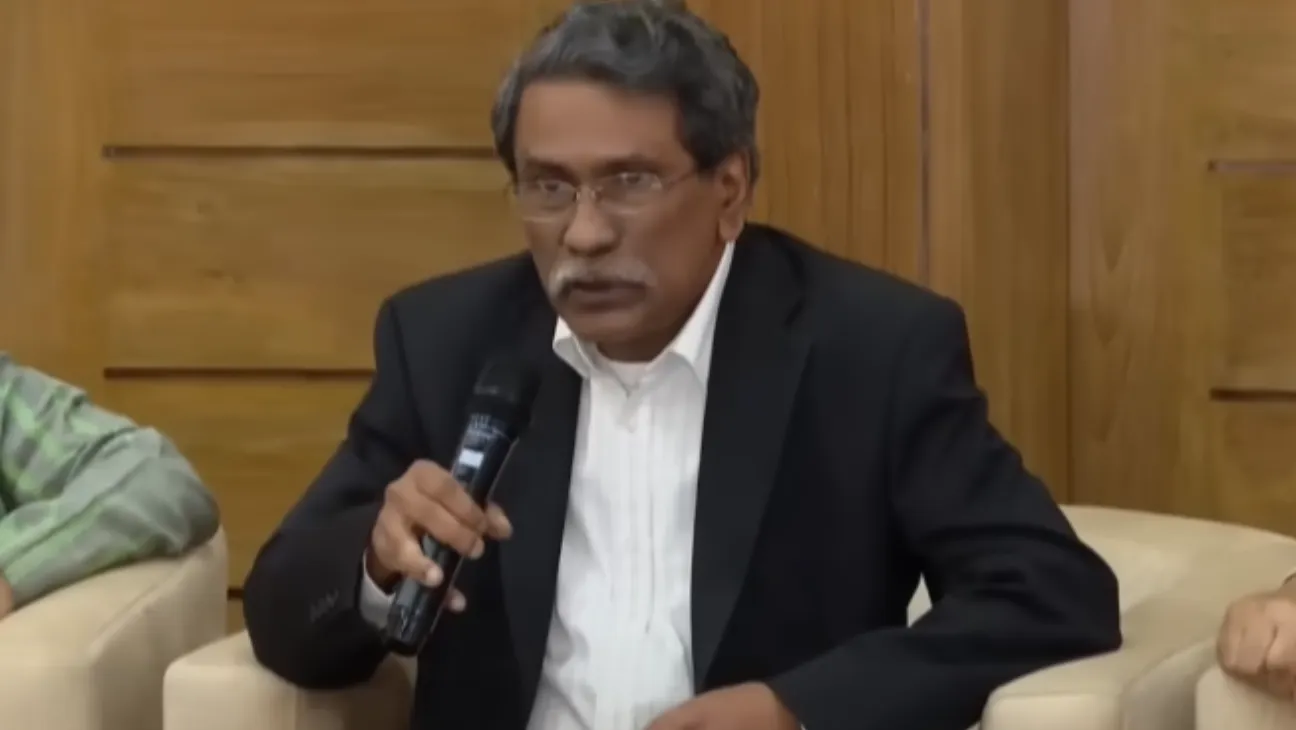The National Consensus Commission of Bangladesh reported that most political parties have reached common ground on reinstating the caretaker government system and redrawing parliamentary constituencies, according to the commission’s vice-chairman, Professor Ali Riaz.
Speaking after the eighth day of the second round of meetings with political representatives, held Wednesday at the Foreign Service Academy in Dhaka, Riaz said the discussions yielded what he called “substantial progress,” particularly regarding boundary delimitation.
“Political parties have shown a high level of agreement on these matters,” Riaz told reporters. “Redrawing constituency boundaries has moved forward significantly. There is now a collective understanding that action must follow the Election Commission’s ongoing activities and the recommendations from the Reform Commission.”
One key outcome was a proposal for constitutional amendment mandating seat redistribution within ten years of every national census. “This would involve an added provision in Article 119 of the constitution,” he explained. “The aim is to ensure that a dedicated committee is formed by law to carry out the process.”
That committee would operate under the framework of the 2021 Delimitation of Constituencies Act, revised in 2025. Riaz said that aside from adding provisions to the constitution, parties agreed that a standalone law should define the committee’s structure and responsibilities.
The issue of caretaker governance was also brought to the table. Riaz said there was “a clear and shared stance” among the parties in favor of reintroducing a caretaker administration to oversee elections.
“Almost all political groups support its reestablishment,” he said. “We discussed how such a government would be structured and how long it would stay in power. Opinions varied, but parties moved closer on many points.”
Two timelines had previously been suggested: 90 days by the Constitutional Reform Commission, and 120 days by the Election Commission. “These durations were reviewed,” Riaz said. “There was also debate over how the Chief Advisor would be appointed. That process, too, saw constructive input from all sides.”
Legally, nothing is settled yet, but the progress in the talks strongly suggests the stage is being set for significant reforms. Riaz also confirmed that the tricky subject of presidential pardons was tabled for another day.
The Commission’s next job is to translate this goodwill into concrete legal language, working with all the key political players. Future sessions will aim to build on recent successes and work through the issues that are still dividing them.









